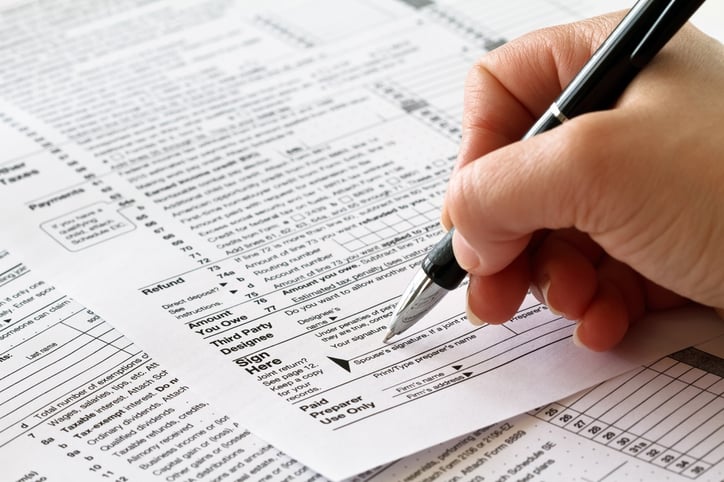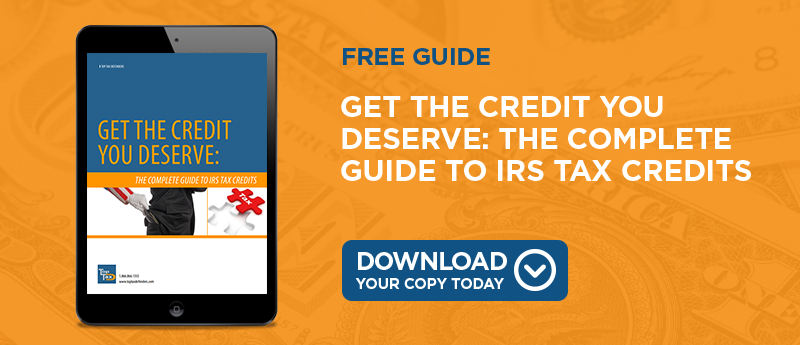
Ride share companies like Uber are becoming increasingly popular in cities throughout the U.S. Along with providing the public with invaluable transportation services, these companies also allow people to earn lucrative incomes as drivers.
As a driver for a ride sharing business, you are held to different standards when it comes to filing taxes, however. You can file your return on time by learning how the tax codes apply to your income as an independent Uber driver.
Independent Contractor Income
Before you file taxes, it is important that you understand that you are an independent contractor rather than an employee of Uber. Uber will not withhold taxes from your earnings. You must take out and pay your own federal taxes to the IRS.
Along with withholding your own federal taxes to pay directly to the IRS, you also must deduct the correct amounts for Social Security and Medicare. Depending on how much you earn, these amounts can be anywhere from 30 to 50 percent of your income. You can learn what percentage to withhold by visiting IRS.gov for the latest tax codes.
When you file your return, you must use the Schedule C to report your income and expenses as an Uber driver. The IRS also requires you to file a Schedule SE if your income from self-employment for the year will be greater than $400.
Filing a Quarterly Tax Return
As an independent contractor, you may have to file your tax return more than once a year by the April 15 deadline. In fact, you may be required to file a quarterly tax return if your income meets the criteria outlined by the IRS.
You will need to file and pay your anticipated taxes every quarter if you expect to owe at least $1000 to the IRS. To owe this amount, you must earn a profit of at least $5000. You can find the amount of taxes that you could owe each quarter based on your income at IRS.gov.
Likewise, if you are single and expect to earn an income of $150,000 or if you are married and anticipate earning at least $75,000 as an independent contractor, you must file and pay quarterly taxes. As a higher income earner, you will need to pay at least 110 percent of your prior year's federal taxes.
If you fail to file and pay quarterly taxes, the IRS can assess a penalty against you. The penalty could be up to 90 percent of your total tax amount that is currently due. If you are a higher income earner, you may be assessed a penalty of 110 percent of the prior year's owed taxes.
Deductions
To help you lower your tax burden, the IRS allows you to claim deductions on your self-employment tax return. As a driver for Uber, you can deduct expenses like:- Cell phone bills related to your business
- Amenities like candy or gum that you provide to your customers
- Insurance that you pay on a vehicle driven primarily for Uber
- Uber fees and commissions
- Home office costs
- Parking and toll fees
- Car loan interest if the car is used primarily for Uber driving
- PayPal and credit card transaction fees
You can deduct these costs on your Schedule C and submit them with your tax return. The IRS will credit you most or all of these expenses, helping you lower the amount that you owe the federal government each quarter or by April 15.
Driving for Uber and other ride sharing companies can be a lucrative way to earn money. You can abide by the tax codes and pay what you rightfully owe to the IRS by knowing how to file and pay your taxes as an independent contractor.




